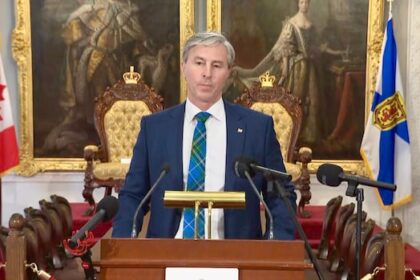In March, Muslims from all around the world celebrated a special festival in Islam called Eid ul-Fitr. Eid is an Islamic celebration that is observed to mark the conclusion of the holy month of Ramadan. In order to understand the importance of Eid, let’s learn about the holy month of Ramadan first. Muslims observing Ramadan are required to fast from before sunrise until sunset, refraining from food and drink. Fasting in the month of Ramadan is a core practice in Islamic belief, and it is practiced by all men and women who are physically able to fast. As prescribed in the Holy Qur’an, the holy book for Muslims: “O ye who believe! Fasting is prescribed for you, as it was prescribed for those before you, so that you may become righteous” (Chapter 2 Verse 184). The practice of fasting has been done for centuries by many different communities and faiths. By observing Ramadan, we learn self-discipline by refraining not from only food and drink but also refraining from things that damage our character or harm others, whether emotionally or physically. The Holy Prophet of Islam, Muhammad (saw), said regarding fasting: “If you don’t abstain from evil words and evil deeds, God has no need of your abstaining from food and drink.” Therefore, for the acceptance of fasts, it is crucial that the one who fasts should also abstain from all sorts of evil actions and words. Simply because fasting is meant to teach a Muslim to not only live a simple life but also be a peace-abiding citizen. Due to Ramadan being a month long, it not only helps us refrain from bad actions but teaches us to commit to good works in its place. Furthermore, Muhammad (saw) also said, “When you are fasting, abuse not anybody nor quarrel with any; and if any person quarrels with you, turn away from him, saying, “I cannot quarrel with you, for I am observing a fast.” Fasting in Ramadan has another key importance as this month gives us a sample size of what some people around the world go through every day. Allowing us to understand the trouble and the pain which the poor and the needy have to suffer on account of poverty. It opens up a person’s perspective and allows us to sympathize with those in need. In Whitehorse alone, those fasting went through 12 to 14 hours fast with each fast being longer than the previous day. Showing just a glimpse of what the poor deal with and reminding us to open up our hearts to help those who are in need. Finally, when Ramadan is completed, then Muslims celebrate Eid. In Whitehorse, Muslims gathered together to offer prayer and enjoy one another’s company. They strengthen their spirituality while also strengthening their bonds with each other. It is a day of self-reflection to remember all the good habits one observed this month and to apply the true teachings of Islam in their daily lives even after Eid. Mozaffar Ahmad Whitehorse
Thursday, 5 Feb 2026
Canada – The Illusion
Search
Have an existing account?
Sign In
© 2022 Foxiz News Network. Ruby Design Company. All Rights Reserved.
You May also Like
- More News:
- history
- Standing Bear Network
- John Gonzalez
- ᐊᔭᐦᑊ ayahp — It happened
- Creation
- Beneath the Water
- Olympic gold medal
- Jim Thorpe
- type O blood
- the bringer of life
- Raven
- Wás’agi
- NoiseCat
- 'Sugarcane'
- The rivers still sing
- ᑲᓂᐸᐏᐟ ᒪᐢᑿ
- ᐅᑳᐤ okâw — We remember
- ᐊᓂᓈᐯᐃᐧᐣ aninâpêwin — Truth
- This is what it means to be human.
- Nokoma











